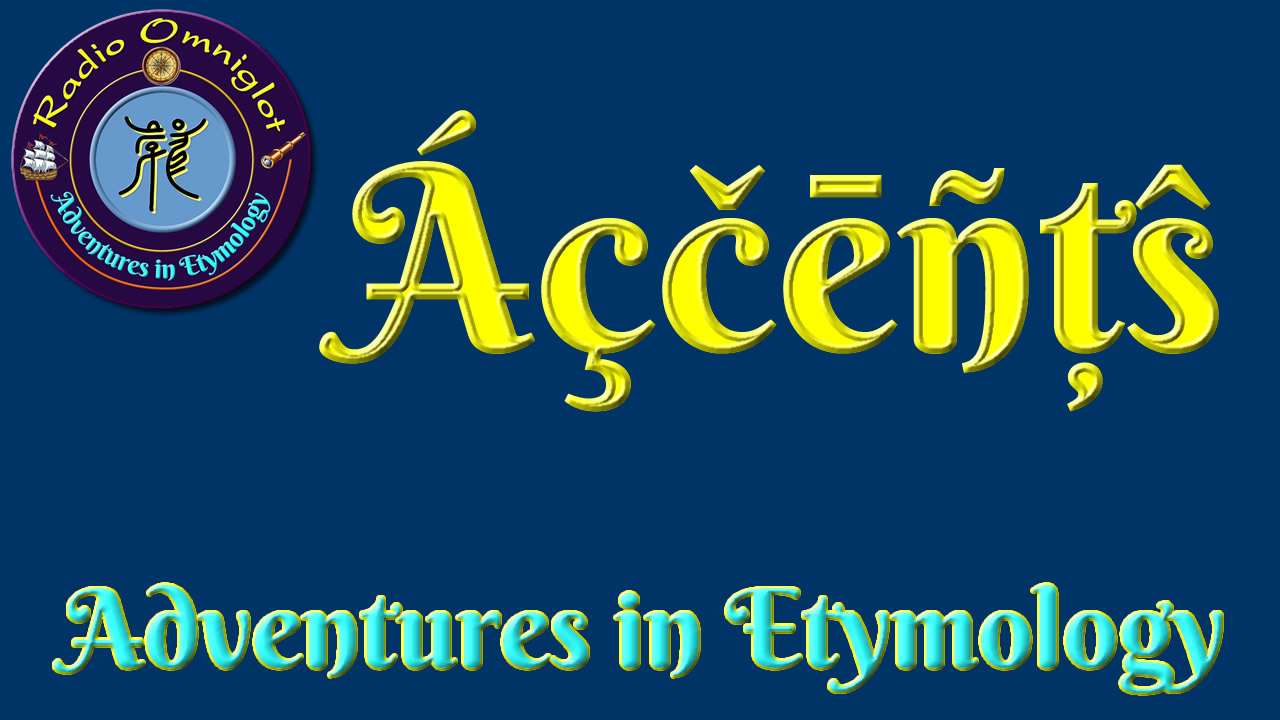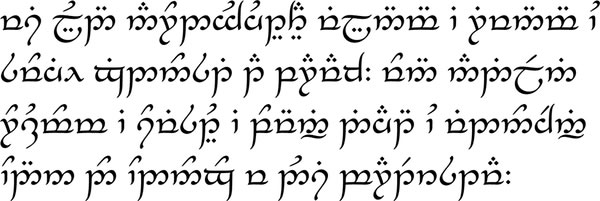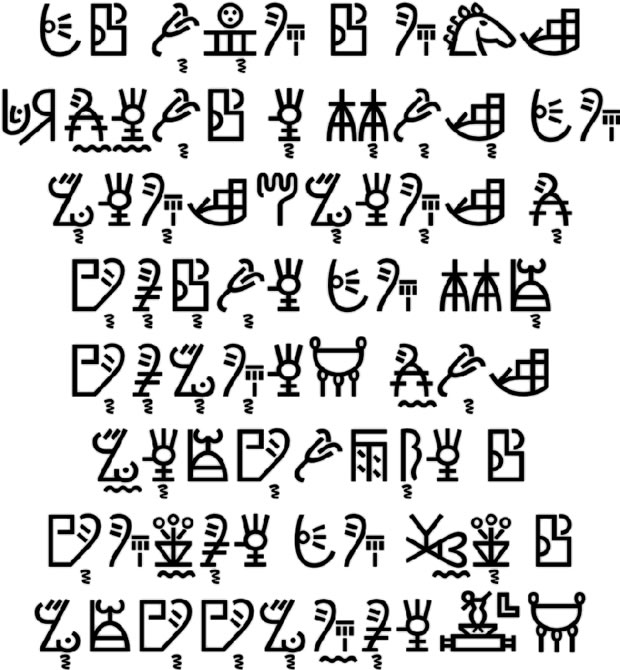Podcast: Play in new window | Download
In this Adventure in Etymology, we find what the word accent has to do with singing.

An accent [ˈak.sənt / ˈæk.sɛnt] is:
- The way in which people in a particular area, country, or social group pronounce words.
- A mark written or printed over a letter to show how to pronounce it.
- A special emphasis given to a particular syllable in a word, word in a sentence, or note in a set of musical notes. [source – other meanings are available]
It comes from Middle English accent (accent, modulation), from Latin accentus (a blast, signal, accent, tone), from accinō / accanō (to sing to), from ad (to[wards]), and canō (to sing, recite, sound), a calque of Ancient Greek προσῳδία (prosōidía – song sung to music; pronunciation of syllable), from πρός (prós – to) and ᾠδή (ōidḗ – song) [source].
Words for accent in many other languages come from the same roots, as do the words chant, descant, enchant, incant and hen in English, canu (to sing, intone, chant) in Welsh, can (to say) in Scottish Gaelic, cicogna (stork) in Spanish, káně (buzzard) in Czech, and خوانْدَن (xândan – to read, recite, sing, study) in Persian [source].
Incidentally, the Ancient Greek word προσῳδία (prosōidía – song sung to music; pronunciation of syllable) is the root (via Middle French and Latin) of the English word prosody, which is study of rhythm, intonation, stress, and related attributes in speech, or the study of the patterns of sounds and rhythms in poetry [source].
You might believe that you don’t have an accent, but you do. We all do. You might think that because you sound similar to most people around you, you don’t have an accent, while people from elsewhere do. From their perspective, it’s you that has an accent. I have a bit of a wandering accent that changes depending on who I’ve been listening and/or talking to.
You can also listen to this podcast on: Apple Podcasts, Amazon Music, TuneIn, Podchaser, Podbay or Podtail and other pod places.
If you would like to support this podcast, you can make a donation via PayPal or Patreon, or contribute to Omniglot in other ways.
Radio Omniglot podcasts are brought to you in association with Blubrry Podcast Hosting, a great place to host your podcasts. Get your first month free with the promo code omniglot.
I also write about words, etymology and other language-related topics on the Omniglot Blog, and I explore etymological connections between Celtic languages on the Celtiadur blog.














